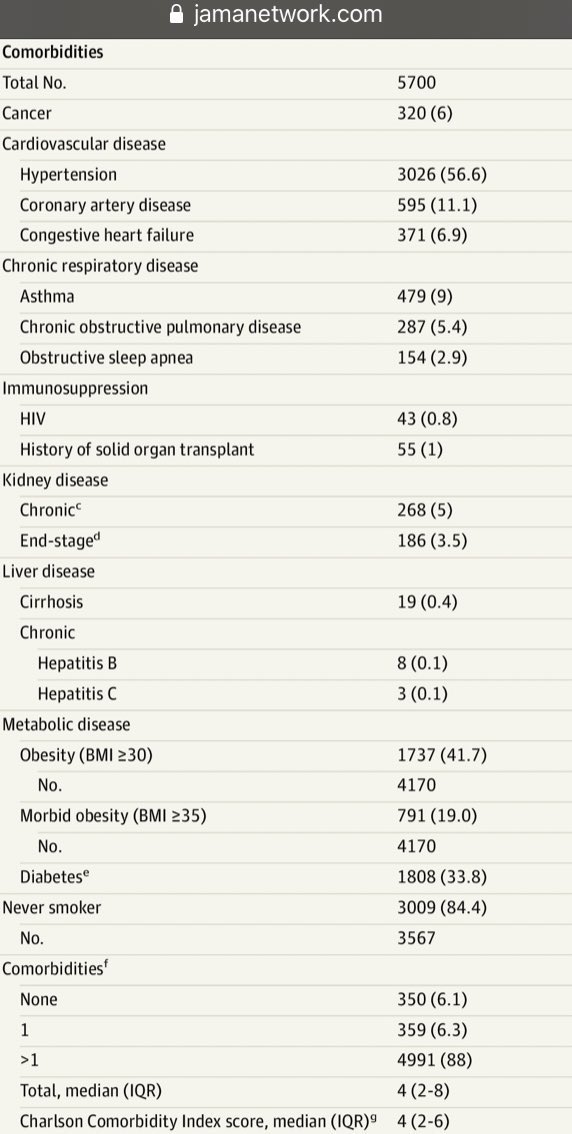one of the challenges communicating about COVID & public health is the risk is a *social* risk much more than an *individual*
(risk for most people)
(risk for most people)
for example, I see quips about the reopen protests or people in too-crowded parks as "see you at the hospital in 2 weeks" (the time lag & indefinite ability to tag explicit exposures on infections is tough too)
but more importantly, most of these people will be fine. even 1% fatality rate would be bad for all of us but means, on average, anyone who gets sick has a 99% chance of surviving (not to handwave away the not-insubstantial burdens of illness, hospitalization, etc etc)
similarly, I hear discussions about reopening schools about figuring out which staff would be high risk and minimizing their exposures, etc
but AFAICT it& #39;s not that first nor even second order exposure--
it& #39;s the 22yo at the park or the first grader who gets a mild or asymptomatic infection, then spreads it to someone, who spreads it to someone, who spreads it to someone...
it& #39;s the 22yo at the park or the first grader who gets a mild or asymptomatic infection, then spreads it to someone, who spreads it to someone, who spreads it to someone...
the first grader who passes it to their 38yo healthy dad who unknowingly passes it to the grocery store clerk who then interacts with countless people
this isn& #39;t newtonian physics (a hits b with force ma); it& #39;s more like nuclear fission or chemistry where numbers our brains can& #39;t comprehend interact on a scale I can& #39;t wrap my head around
then add uncertainty about which exposures caused what & the time lag & all we don& #39;t know
then add uncertainty about which exposures caused what & the time lag & all we don& #39;t know
this is what I wanted to say and I don& #39;t have anywhere else I& #39;m going with this; it& #39;s just *so*hard* to wrap out heads around *societal* risks & responsibilities vs *individual* risks & responsibilities
knowing myself, I& #39;ll add to this later but would love to hear any thoughts
to expand on one part: when we talk about reopening schools safely, it& #39;s not enough to not expose the 70yo cafeteria worker by keeping them away; reopening the school increases the spread in society and puts that 70y cafeteria worker at higher risk *outside* of the school too
one thing that struck me from this video someone shared a while back was that clustering doesn& #39;t slow spread much
my brief take is that exponential growth is so profound that even if you slow things down at the beginning, it doesnt make much of a dent https://www.youtube.com/watch?v=Kas0tIxDvrg&feature=youtu.be&t=418">https://www.youtube.com/watch... https://www.youtube.com/watch...
my brief take is that exponential growth is so profound that even if you slow things down at the beginning, it doesnt make much of a dent https://www.youtube.com/watch?v=Kas0tIxDvrg&feature=youtu.be&t=418">https://www.youtube.com/watch... https://www.youtube.com/watch...
another thought to add here:
I hear a lot that “people who get sick from COVID usually have comorbidities/preexisting conditions”
this is true… but the main one–by far–is hypertension
…which 1 out of 3 Americans have
I hear a lot that “people who get sick from COVID usually have comorbidities/preexisting conditions”
this is true… but the main one–by far–is hypertension
…which 1 out of 3 Americans have
not comprehensive but from 5700 hospitalized patients in the Northwell system:
57% HTN
11% CAD
7% HF
42% obesity
https://jamanetwork.com/journals/jama/fullarticle/2765184">https://jamanetwork.com/journals/...
57% HTN
11% CAD
7% HF
42% obesity
https://jamanetwork.com/journals/jama/fullarticle/2765184">https://jamanetwork.com/journals/...

 Read on Twitter
Read on Twitter



